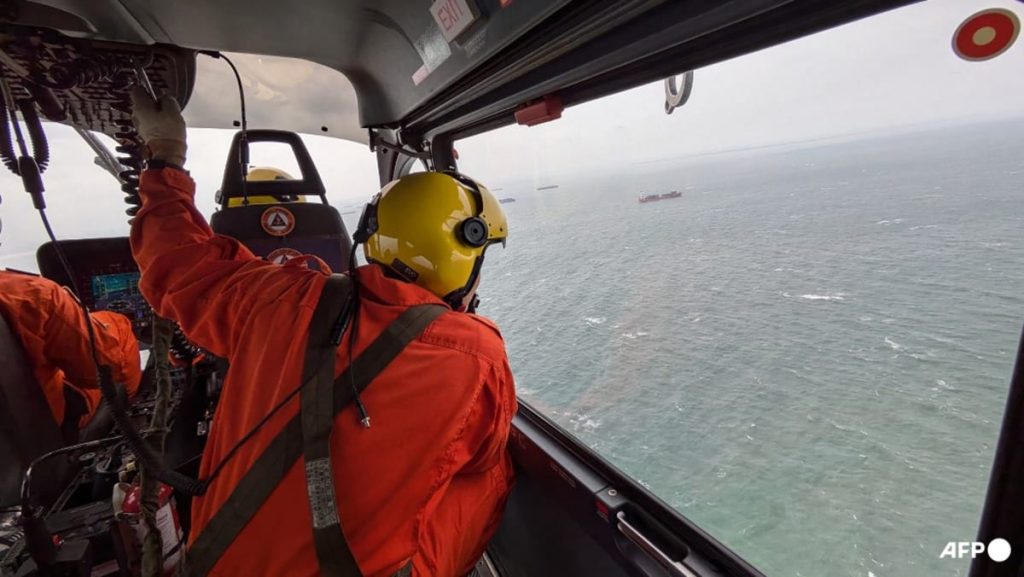A vessel sank nearly 7km from its origin in the port of Limay west of Manila, Philippines, after running into bad weather while attempting to return to port. The incident occurred during heavy rains fuelled by Typhoon Gaemi and the seasonal monsoon that lashed Manila and surrounding regions in recent days. The state weather service reported that the monsoon had weakened by late Friday, providing authorities with a window of relative calm at sea to recover the cargo. The coast guard estimates that the extraction process will take at least seven days.
The Philippines has a history of struggling to contain serious oil spills in the past. It took several months to clean up after a tanker carrying 800,000 litres of industrial fuel oil sank off the central island of Mindoro last year, which resulted in the contamination of waters and beaches on the island. This incident devastated the fishing and tourism industries in the area. Additionally, in 2006, another tanker sank off the central island of Guimaras, spilling tens of thousands of gallons of oil that destroyed a marine reserve, ruined fishing grounds, and covered stretches of coastline in black sludge.
The recovery efforts for the sunken vessel near Manila will involve laborious and time-consuming processes to extract the cargo and address any potential environmental impacts from the spill. The coast guard estimates that it will take at least seven days to complete the extraction process. The incident occurred during a period of heavy rainfall caused by Typhoon Gaemi and the seasonal monsoon, which had weakened by late Friday, providing a brief window of relative calm at sea for authorities to recover the cargo.
The tanker sinking near Manila highlights the challenges that the Philippines faces in responding to and containing oil spills in its waters. Previous incidents involving tanker sinkings have resulted in long-term environmental damage, economic losses for local industries, and laborious cleanup efforts that can take months to complete. The latest sinking near Manila adds to the country’s history of struggling to contain and clean up oil spills, underscoring the need for improved safety measures and response protocols to prevent future incidents and mitigate environmental impacts.
As authorities work to recover the cargo and address the aftermath of the sunken vessel near Manila, they face the daunting task of containing the potential environmental impacts of the oil spill while also considering the economic and social consequences for local communities. The incident serves as a reminder of the importance of effective disaster preparedness and response strategies in mitigating the effects of oil spills and safeguarding marine ecosystems and coastal communities in the Philippines. It is hoped that the extraction process and cleanup efforts will be carried out efficiently to minimize the damage caused by the spill and protect the environment and livelihoods of those affected by the incident.



